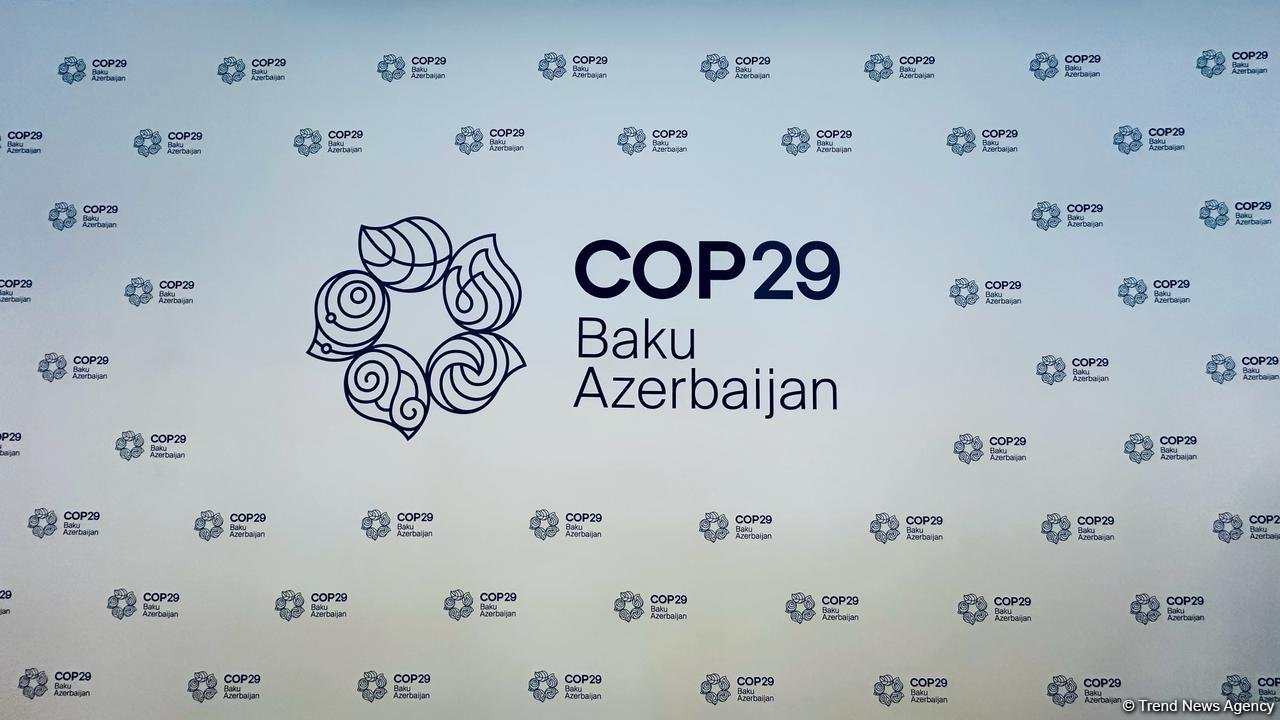BAKU, Azerbaijan, August 30. Climate change is one of the most pressing challenges facing humanity today. According to the World Bank and the UN, its effects are already being felt across every continent and in most countries, threatening the lives, health, and well-being of billions of people.
As global warming's impacts become more pronounced, adapting to a changing climate and building resilience against its effects have become top priorities on the international agenda.
Why is adaptation crucial?
One of the core objectives of the Paris Agreement is to reduce the overall risks associated with climate change through developing and implementing adaptation strategies. This means that participating countries must enhance their adaptation capabilities and secure sufficient financial support for these efforts.
The World Bank estimates that, by 2050, climate change could create over 140 million climate migrants in South Asia, Africa, and Latin America alone. Rising sea levels, extreme weather events, and ecosystem degradation are already forcing millions to leave their homes, with the most vulnerable populations, especially in developing countries, bearing the brunt.
Adaptation not only helps mitigate risks and damages but also supports sustainable development. For instance, adopting resilient agricultural practices can boost yields despite changing climate conditions, and building infrastructure that can withstand floods and droughts can save countless lives and significant amounts of money.
The role of financial support
Effective adaptation requires substantial funding. The UN emphasizes that developing countries, in particular, need international support to implement adaptation programs. Under the Paris Agreement, developed nations have committed to mobilizing $100 billion annually for climate actions in developing countries. However, the World Bank notes that funding needs are much higher, and additional efforts and resources are essential to achieve meaningful results.
At COP29 in Baku, discussions will focus on increasing this funding to $150 billion.
Improving the coordination of international financial flows is also crucial to ensure that resources reach the most vulnerable countries and regions. This involves creating and supporting mechanisms that enable rapid responses to climate threats and promote sustainable development.
Global efforts to build resilience
Adapting to climate change involves creating and implementing measures to mitigate its impacts on communities and ecosystems. The UN report highlights that adaptation strategies can range from constructing infrastructure resilient to extreme weather to developing new agricultural methods suited to changing climate conditions.
Building resilience requires both national and international efforts. Key to this is the exchange of knowledge and technology between countries, which helps develop more effective adaptation strategies. International organizations like the World Bank and the UN play a pivotal role in coordinating and supporting these initiatives.
To successfully adapt to climate change and lessen its negative effects, countries must develop their own adaptation strategies while also cooperating at the international level. The UN and the World Bank are crucial in mobilizing financial resources and building the capacity of nations to tackle climate challenges.
Building resilience to climate change is not just about survival but also about enhancing economic stability and ensuring a better future for all. It's vital that all parties to the Paris Agreement continue working towards these goals to reduce risks and adapt to new climate realities.
Addressing the impacts of climate change requires decisive, coordinated global action.
As Chief Negotiator for COP29, Azerbaijani Deputy Foreign Minister Yalchin Rafiev, pointed out, COP meetings are crucial platforms for tackling climate change.
“If climate change continues on its current path or worsens, the world faces a major disaster. To prevent this, UN member states and partners of the Rio de Janeiro Convention and Paris Agreement must take serious and effective steps. COP meetings are among the most suitable platforms for such action,” Rafiev emphasized.
The 29th session of the UN Framework Convention on Climate Change (COP29) is set to take place in Azerbaijan this November. This decision was made at the COP28 plenary session in Dubai on December 11 of last year.







